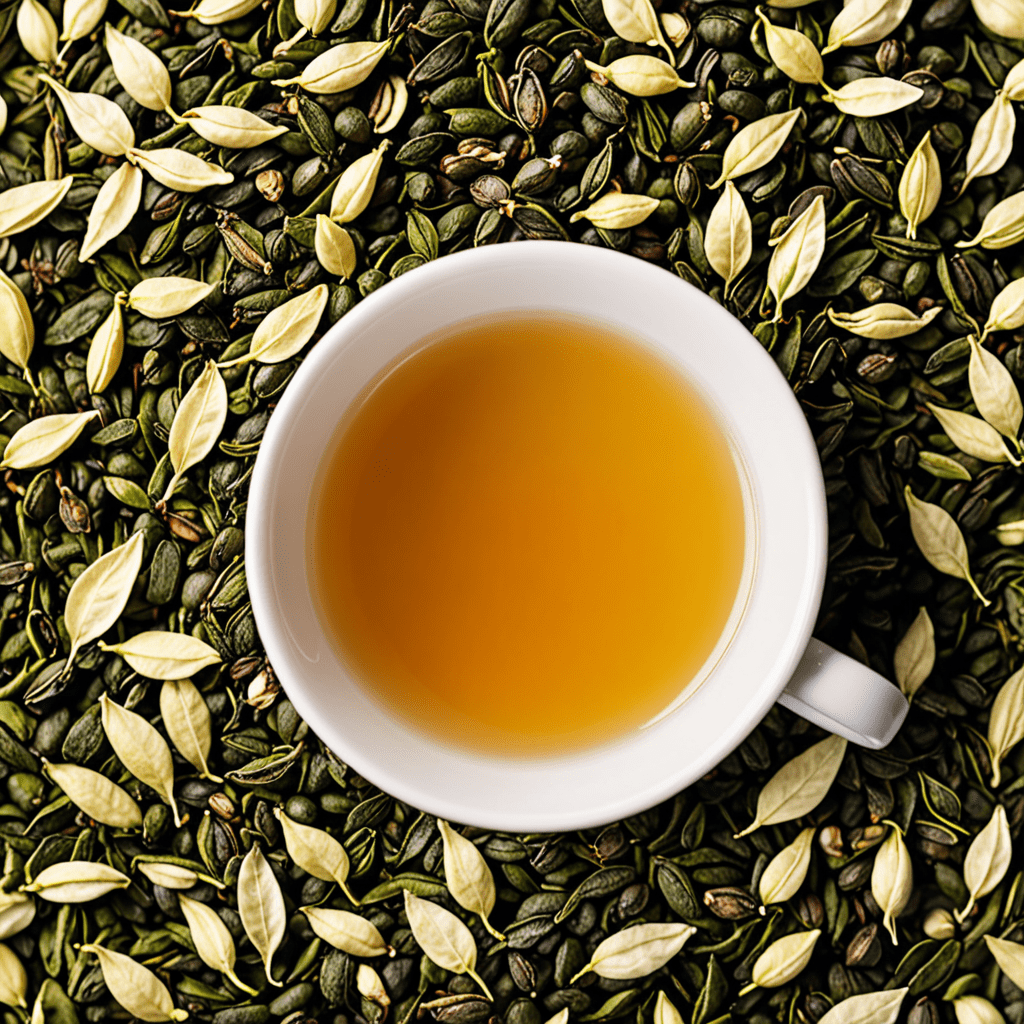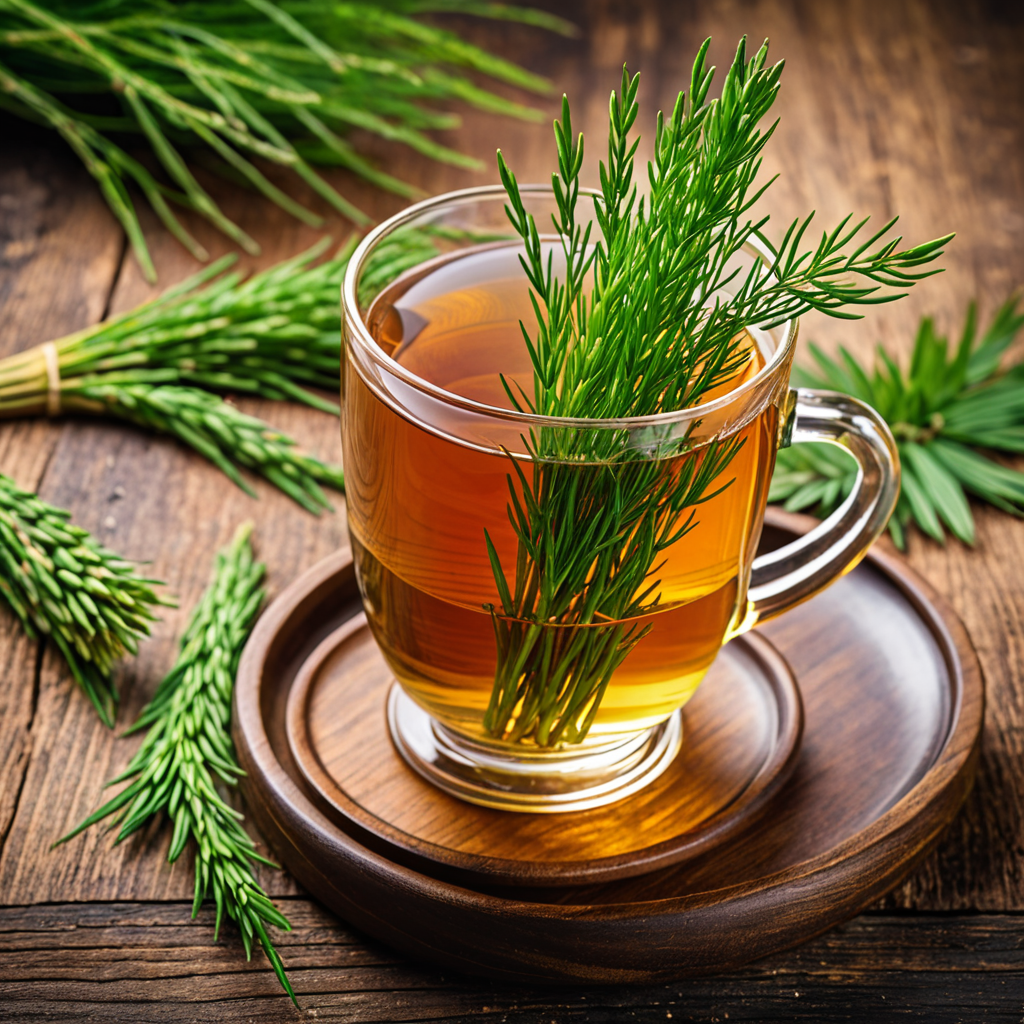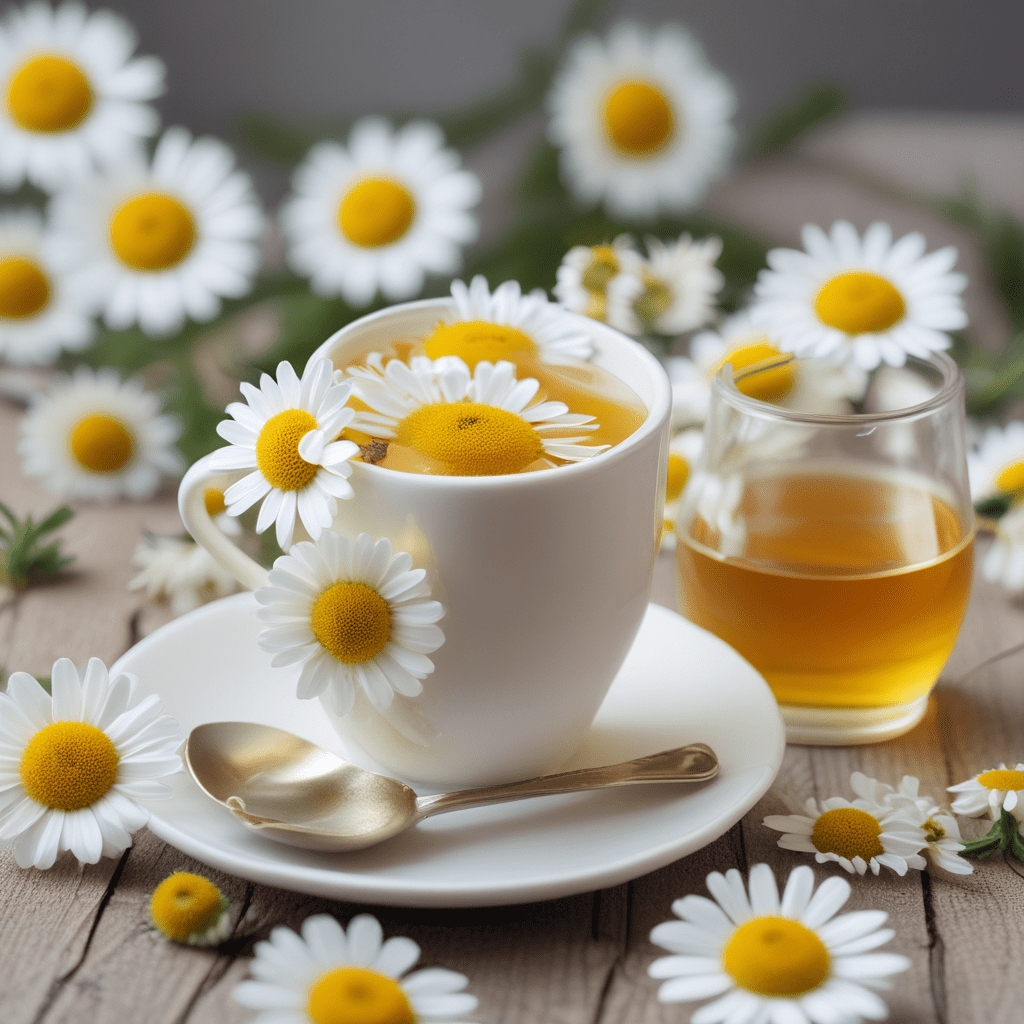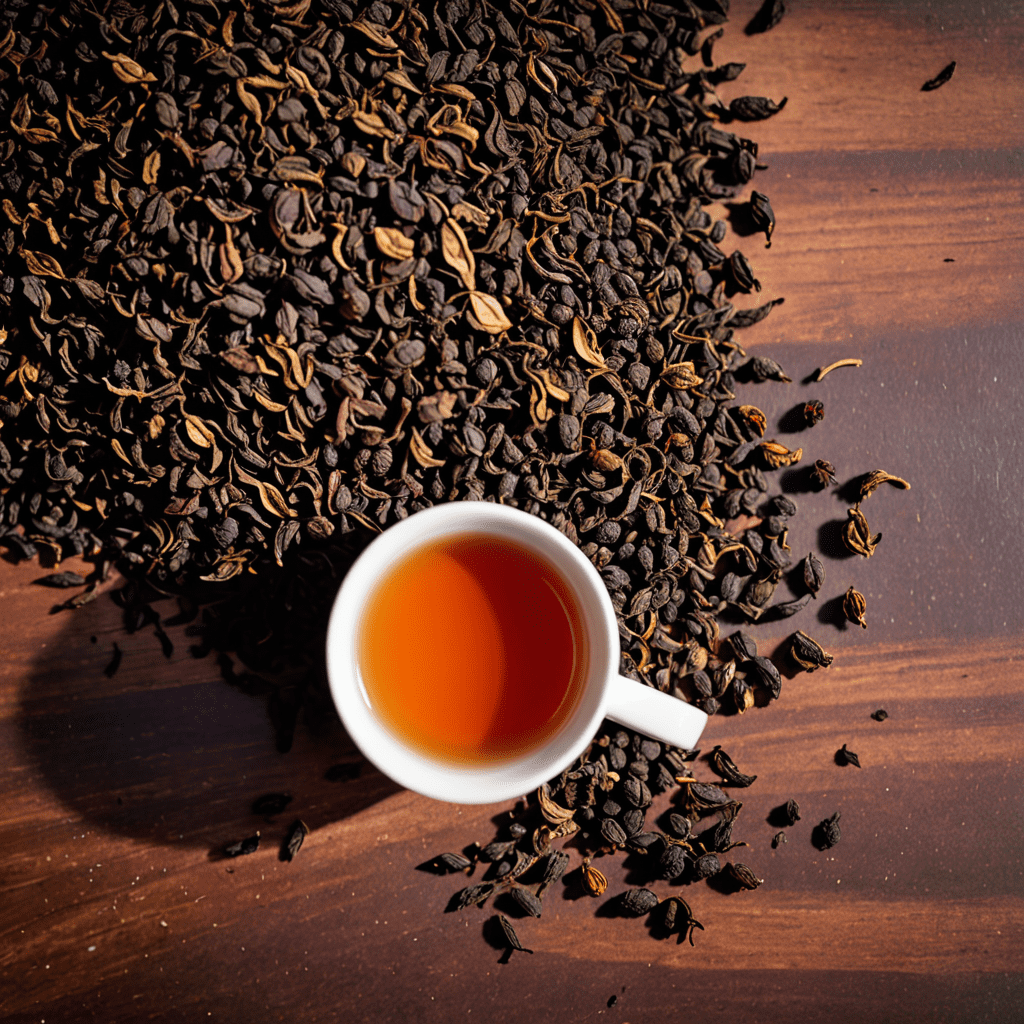The Caffeine Content of Jasmine Green Tea Unveiled: Unraveling the Caffeine Mystery
Whether you’re a tea enthusiast or simply searching for a new caffeine source, understanding the caffeine content of different teas is essential. Jasmine green tea, with its delicate aroma and distinctive flavor, is a popular choice among tea lovers. But just how much caffeine does jasmine green tea have? In this article, we will explore the caffeine content of jasmine green tea, factors influencing caffeine levels, and answer some frequently asked questions.
What is Jasmine Green Tea?
Jasmine green tea is a unique blend of green tea leaves and jasmine flowers. This traditional Chinese tea is known for its fragrant floral aroma and light, refreshing taste. Jasmine flowers are typically harvested and dried, then mixed with green tea leaves. The scent of the flowers infuses into the tea leaves, creating the distinctive jasmine flavor.
Understanding Caffeine in Tea
It’s important to note that all tea leaves naturally contain caffeine. Caffeine is a natural stimulant found in various plant species, including tea plants. However, the caffeine content can vary depending on factors such as tea type, processing methods, and brewing techniques.
Caffeine belongs to a group of compounds called xanthines. It acts as a central nervous system stimulant, providing a temporary boost in energy and alertness. The caffeine content in tea is generally lower than that in coffee, making it a popular choice for those seeking a milder stimulant.
The Caffeine Content of Jasmine Green Tea
Jasmine green tea typically contains less caffeine compared to black tea and coffee. On average, an 8-ounce cup of jasmine green tea contains approximately 25-35 milligrams of caffeine. However, it’s important to remember that the actual caffeine content can vary depending on several factors, including the brand, brewing method, and specific tea leaves used.
Factors Influencing Caffeine Levels in Jasmine Green Tea
- Tea Grade: The grade of tea refers to its quality, with high-quality teas typically containing younger leaves and buds. Generally, higher-grade jasmine green teas have lower caffeine levels due to the use of younger leaves.
Brewing Time and Temperature: The longer the brewing time and the higher the water temperature, the higher the caffeine extraction. To reduce caffeine levels, consider brewing jasmine green tea with slightly cooler water and for a shorter amount of time.
Steeping Method: Different steeping methods, such as Western-style brewing or gongfu brewing, can result in varying caffeine levels. Experiment with different methods to find the right balance of flavor and caffeine content.
Blending: Some jasmine green teas may contain blends of other teas, such as white tea or black tea. It’s important to consider that these blends may influence the overall caffeine content.
FAQ: Frequently Asked Questions about Caffeine in Jasmine Green Tea
Q: Can decaffeinated jasmine green tea be found?
A: Yes, decaffeinated jasmine green tea is available in the market. The decaffeination process removes a portion of the caffeine content, making it a suitable option for individuals sensitive to caffeine.
Q: Is the caffeine content of jasmine green tea harmful?
A: In moderate amounts, the caffeine content in jasmine green tea is generally considered safe for most healthy individuals. However, excessive consumption of caffeine can lead to side effects such as sleep disturbances, increased heart rate, and anxiety. It’s always advisable to consume caffeine in moderation and listen to your body’s response.
Q: Does steeping jasmine green tea multiple times reduce caffeine levels?
A: Yes, steeping jasmine green tea multiple times can reduce the caffeine levels in subsequent infusions. Caffeine is more easily extracted in the initial steeping, resulting in subsequent infusions containing lower caffeine content.
Q: Can I rely on the label to determine the exact caffeine content in jasmine green tea?
A: While labels can provide a general indication of caffeine levels, the actual content may vary. Factors such as tea quality, leaf grade, and brewing methods can influence the caffeine content. It’s best to consider labels as a guide and experiment to find the right balance of flavor and caffeine for your preferences.
Q: Are there any health benefits of jasmine green tea besides caffeine?
A: Yes, jasmine green tea offers various potential health benefits due to its antioxidant properties and polyphenol content. Some studies suggest that it may aid in digestion, promote relaxation, and provide immune-boosting effects. However, more research is needed to fully understand and validate these potential benefits.
In conclusion, if you’re looking for a fragrant and soothing beverage with a mild caffeine kick, jasmine green tea is an excellent choice. With an average caffeine content of 25-35 milligrams per 8-ounce cup, it provides a gentle energy boost without the intensity of coffee. Remember to consider factors such as tea grade, brewing methods, and individual preferences when determining the caffeine content in your jasmine green tea. Enjoy the delightful flavors and potential health benefits that this beloved tea has to offer!



